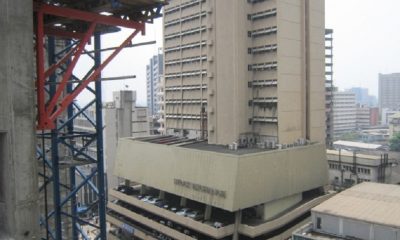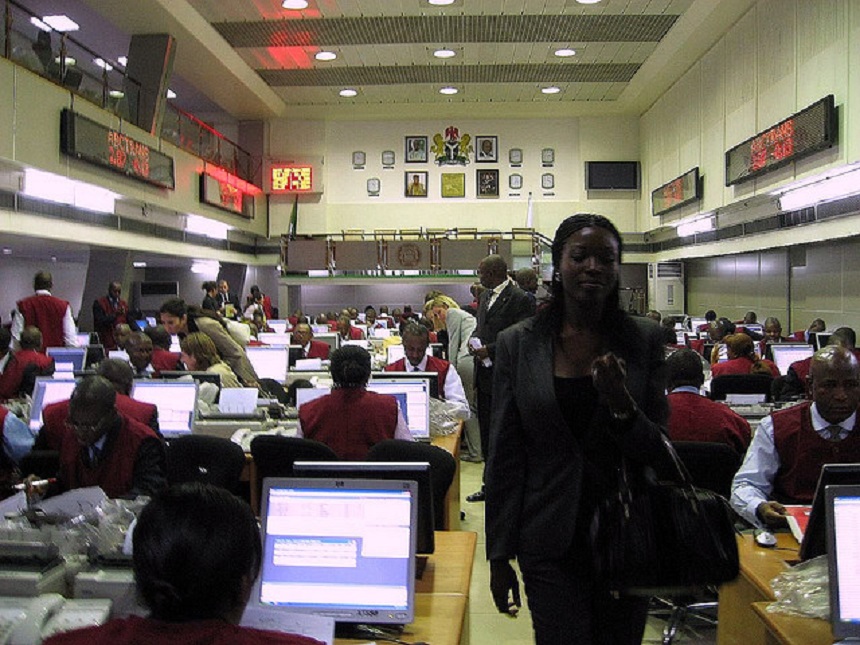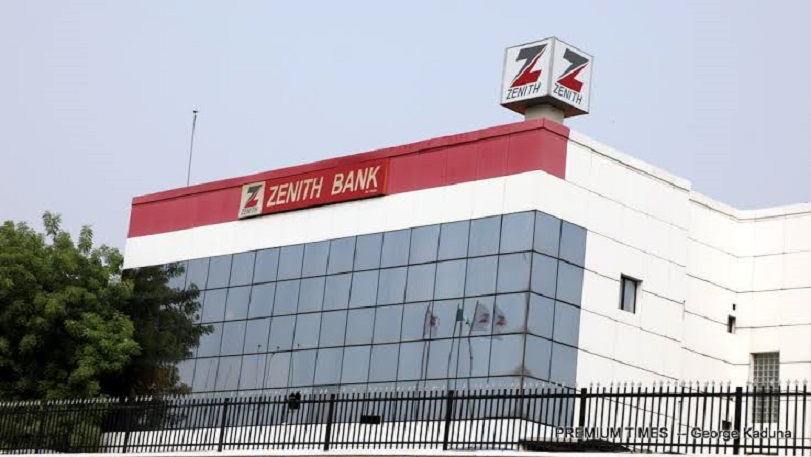Economy
NGX to Review Listing Rules to Attract More Firms
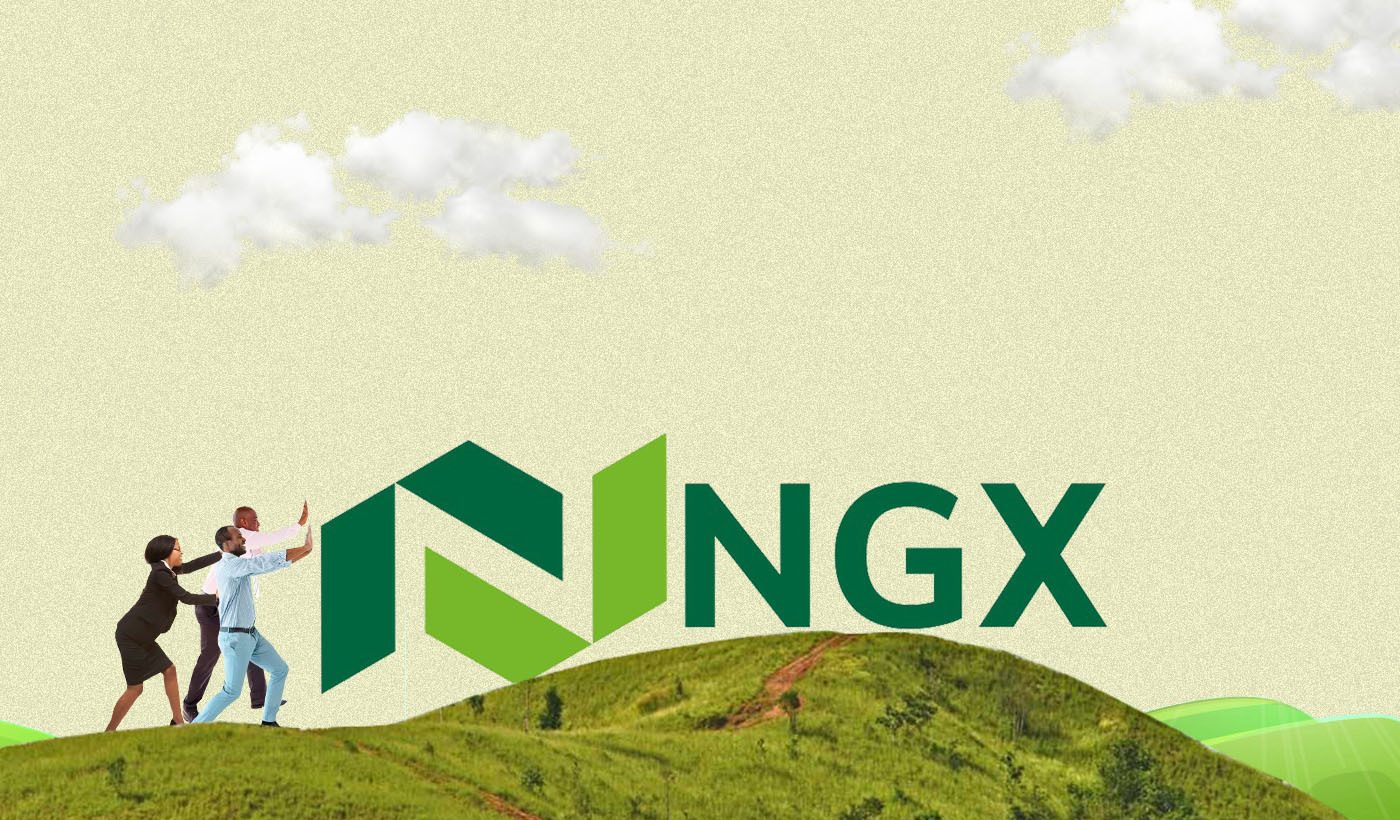
By Aduragbemi Omiyale
The chief executive of the Nigerian Exchange (NGX) Group Plc, Mr Temi Popoola, has said there have been efforts to review the listing rules to absorb more companies and deepen the capital market.
“Recognizing the importance of government advocacy historically, our strategy involves deeper intentionality to collaborate with the government in enhancing listing incentives. A prime example is the prioritization of listed companies in government procurement processes.
“Also, working with the regulator, we intend to review our listing rules aligning them with markets such as London to attract a more diverse array of businesses to the exchange,” Mr Popoola said at the World Federation of Exchanges hosted by Deutsche Boerse in Frankfurt, Germany, last Thursday.
Speaking on attracting retail investors to the market, he said, “We recognize the stark contrast between the investors currently engaged in the capital market and the vast potential represented by the 65 million banking accounts in Nigeria.
“Our vision is to bridge this divide, onboarding millions into the capital market and fostering financial inclusion on an unprecedented scale.”
Listings and foreign capital inflows have become a challenge in similar emerging markets and contributions from other CEOs of exchanges including Kenya and Egypt echoed the challenges faced by the Nigerian market. The high interest rate environment in the United States contributes to the localization of capital in the country, hence starving other riskier markets of the needed capital.
“After navigating a challenging eight years with the previous administration, we now find ourselves under a more pro-market leadership. This shift positions NGX for renewed growth and resilience in the evolving economic landscape,” Mr Popoola stated.
The GMD/CEO also spoke on the investments in technology under which he stated that the group was exploring deepening data revenue generation and engaging market infrastructure stakeholders from the CCPs to the CSDs in meaningful API conversations to further strengthen agility.
Economy
Customs to Fast-Track Cargo Clearance at Lekki Deep Sea Port

By Adedapo Adesanya
The Comptroller-General of the Nigeria Customs Service (NCS), Mr Adewale Adeniyi, has unveiled a Green Channel initiative at the Lekki Deep Sea Port as part of efforts to simplify cargo clearance, reduce delays, and improve operational efficiency for port users.
The launch marks a major step in customs’ drive to enhance trade facilitation through technology and stakeholder collaboration.
Speaking at the event in Lagos, Mr Adeniyi said the initiative was introduced by the Lekki Deep Sea Port and approved by NCS management to address persistent challenges in container stacking and examination at major ports, which often slow cargo processing.
“This particular intervention helps to move containers right from the vessel into a dedicated place where customers can have access. And between the time the container moves from the vessel to this particular place, it is tracked,” he said.
The customs boss explained that the Green Channel is designed to ensure seamless cargo movement through a dedicated corridor with minimal bureaucratic obstacles, enabling faster turnaround time for importers and other stakeholders.
He described the initiative as a product of mutual trust between the agency and its stakeholders, stressing that compliance and cooperation are essential to its success.
“What we have done today is a product of the kind of trust that we have invested in our stakeholders and the confidence that we also have in them, that they would do this in the spirit of compliance and trade facilitation,” he said.
Mr Adeniyi added that beyond easing port operations, the Green Channel supports Nigeria’s broader economic objective of building a more competitive trade environment, noting that the initiative is expected to reduce the cost and time required to do business, ultimately boosting revenue generation for the service.
Economy
Jim Ovia Denies Knowledge of Wealth Bridge Investment Scheme

By Aduragbemi Omiyale
The chairman of Zenith Bank Plc, Mr Jim Ovia, has dissociated himself from a video making the rounds, purporting that he has endorsed an investment scheme put together by Wealth Bridge.
In a statement, it was emphasised that the video of the businessman is fake, as he has no link with Wealth Bridge, which urged Nigerians to invest in the business.
The management of Zenith Bank has, therefore, advised the public to disregard videos circulated through the Greece Island Facebook handle.
The promoters of the investment scheme promised prospective customers up to N2 million in weekly returns on a contribution of N380,000.
But Zenith Bank stressed that any member of the public who conducts business with the entity does so at his or her risk, as claims in the video that the investment has the backing of the Central Bank of Nigeria (CBN) are untrue.
“The video redirects unsuspecting members of the public to an alleged Arise News webpage with the details of this scheme and an embedded registration portal for signups. This claim is also entirely false and has no connection whatsoever to the bank or its group chairman.
“For the avoidance of doubt, all the videos and promotional materials referenced above are FAKE and have nothing to do with Zenith Bank Plc or Dr Jim Ovia. The Group Chairman of Zenith Bank and the bank have no knowledge of the said investment scheme and have not entered into any partnership with the companies, individuals, or platforms behind these schemes.
“The general public is hereby advised to disregard these fraudulent communications. Anyone who engages with the Greece Island handle, Wealth Bridge, delicious sitee, AfriQuantumX, Stock market analyst 1, or any other entity on the basis of these fake videos and images published by impostors does so strictly at his or her own risk,” parts of the statement read.
Economy
FG to Review Six-Month Shea Export Ban
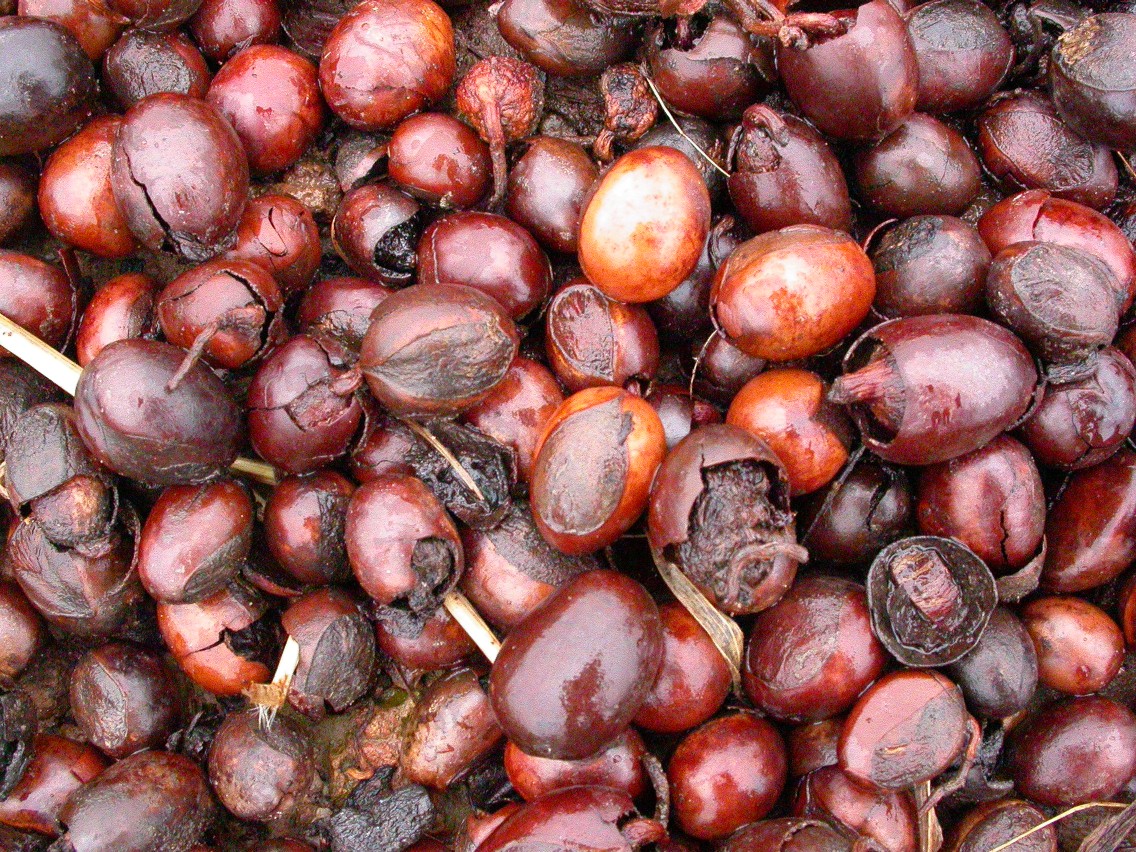
By Adedapo Adesanya
The federal government has assured stakeholders in the shea value chain that it would review the export ban on shea nuts, citing concerns over its impact on local producers, exporters and foreign exchange (FX) earnings.
On August 26, 2025, President Bola Tinubu directed a six-month temporary ban on the export of raw shea nuts.
According to NAN, the Minister of Industry, Trade and Investment, Mrs Jumoke Oduwole, at a stakeholders’ validation session on the ban on raw shea nuts exports in Nigeria on Thursday, said the ministry would brief the president after consultations across the value chain.
The Minister, at the gathering in Abuja, said the government recognises the right of citizens to earn a living and contribute to national development, adding that all inputs from stakeholders would be carefully reviewed and consolidated.
“All inputs from stakeholders will be carefully reviewed and consolidated before a decision is made on whether the ban should be extended immediately or deferred,” the Minister said, adding that, “The ministry will provide the president with factual and balanced information to guide further action.”
Mrs Oduwole said the ministry engaged widely with stakeholders to ensure all perspectives were considered in the ongoing policy deliberations.
The ministry, she said, received formal submissions from the umbrella association and held engagement sessions attended by various industry representatives.
The minister said the submissions were reproduced and circulated at the meeting to promote transparency and shared understanding.
“Relevant departments within the ministry worked jointly on the matter, and I personally reviewed the submissions to assess our position ahead of broader consultations,” she said.
In his remarks, the Minister of Agriculture and Food Security, Mr Abubakar Kyari, said the meeting was convened to review the ban objectively, underscoring the need for verified facts and transparency.
Mr Kyari said government decisions intend to protect jobs and encourage local value addition, adding that policies should be assessed holistically based on evidence and measurable impact.
Rationalising the ban last August, the Vice President, Mr Kashim Shettima, said while Nigeria produces nearly 40 per cent of the global Shea product, it accounts for only 1 per cent of the market share of $6.5 billion.
“This is unacceptable. We are projected to earn about $300 million annually in the short term, and by 2027, there will be a 10-fold increase. This is our target,” the VP stated.
He explained that the ban was a collective decision involving the sub-nationals and the federal government with clear directions for economic transformation in the overall interest of the nation, stressing that the “government is not closing doors; we are opening opportunities.”
-

 Feature/OPED6 years ago
Feature/OPED6 years agoDavos was Different this year
-
Travel/Tourism10 years ago
Lagos Seals Western Lodge Hotel In Ikorodu
-

 Showbiz3 years ago
Showbiz3 years agoEstranged Lover Releases Videos of Empress Njamah Bathing
-

 Banking8 years ago
Banking8 years agoSort Codes of GTBank Branches in Nigeria
-

 Economy3 years ago
Economy3 years agoSubsidy Removal: CNG at N130 Per Litre Cheaper Than Petrol—IPMAN
-

 Banking3 years ago
Banking3 years agoSort Codes of UBA Branches in Nigeria
-

 Banking3 years ago
Banking3 years agoFirst Bank Announces Planned Downtime
-

 Sports3 years ago
Sports3 years agoHighest Paid Nigerian Footballer – How Much Do Nigerian Footballers Earn


